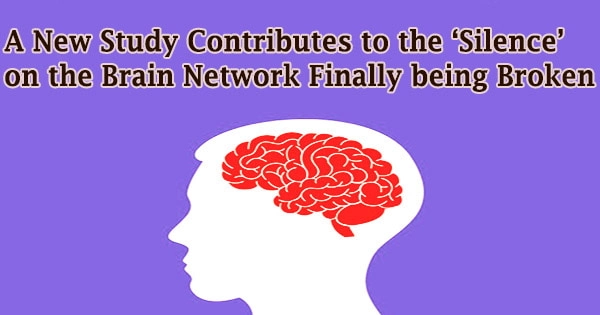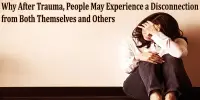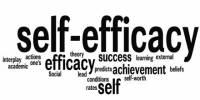The word ‘false memory’ varies from pure errors in memory. False memory in psychology is a condition in which a person remembers something that hasn’t happened or remembers it differently from the way it actually happened. It contains factual elements which were skewed by interfering with details or other memory distortions. Several mechanisms underlying a number of forms of false memory phenomena have been proposed for suggestions, activation of related information, the introduction of misinformation, and source misattribution.
Individuals regularly consider memory something like a video recorder, precisely archiving and putting away everything that occurs with flawless exactness and lucidity. Recollections of past occasions can be reproduced as an individual’s age or as their perspective changes. Individuals can feel totally certain that their memory is precise; however, this certainty is no assurance that a specific memory is right. False memories are a component of False Memory Syndrome (FMS).
The malleable memories of a person often include the mundane, for example when we second-guess whether the stove is actually off or on. Though we are all susceptible to memory fallibility false memory is more than just a mistake; it requires a degree of confidence in memory validity. False memories can sometimes be shared by multiple people; it is additionally called the Mandela impact now and again. Everybody encounters memory disappointments now and again, bogus recollections are remarkable in that they speak to an unmistakable memory of something that didn’t really occur. It’s not about forgetting or putting together specifics of events we’ve done; it’s about recalling something we’ve never encountered yet.
A presupposition is an inference with the language chosen. If a person is asked, “What shade of blue was the wallet?,” the questioner is, in English, asking, “The wallet was blue. What color was it?” Phrasing the question offers a supposed “fact” for the respondent. This presupposition creates one amongst two separate effects: true effect and false effect. Irrespective of the effect being true or false, the respondent is attempting to adapt to the supplied information, because they assume it to be true.
Human memory is malleable and simple to control. A contorted memory or the presentation of later, bogus data can influence how we review occasions we encountered firsthand. Existing information and different recollections can likewise meddle with the development of another memory, making the memory of an occasion be mixed up or totally bogus. Likewise, in specific situations, an individual can be given bogus data and be persuaded to accept that an occasion that never happened really did.
Memories become blurred over time and start changing; in some situations, the original memory can be changed to add new knowledge or experiences. Research has found that a child could be particularly vulnerable to the parents or other authority figures implanting false memories. This is particularly troubling when a case includes suspected sexual assault or depends on a child accurately identifying a suspect. But adults may also get fooled into recalling incidents that never happened, or altering the specifics of things that actually occurred.
Some research also shows that individual differences in false memory susceptibility aren’t always large (even on variables that have previously shown differences like creative imagination or dissociation), that there appears to be no false memory trait, which even those that have highly superior memories are at risk of false memories. Many people don’t really know just how widespread false memory is. People are extremely sensitive to the suggestion that can generate memories of events and things that have not happened to us in fact.
False memories, in many cases, may have significant consequences. Researchers have found mistaken memories to be one of the leading causes of false convictions, typically by misidentifying a suspect or false memories during police interrogations. Sleep deprivation may increase the likelihood that false memories can form. In particular, lack of sleep expanded bogus recollections in a falsehood task when members in an examination were restless during occasion encoding, yet didn’t have a critical impact when the hardship happened after occasion encoding.
While it’d be difficult for several people to believe, everyone has false memories. an editorial published within the journal entitled Applied psychology indicated that the general public has mixed sentiments about implanting false memories to boost eating habits, with 41% saying it’d be generally unacceptable and 48% saying it’d, 25% think it completely unethical while 10% believe the alternative. Generally speaking, our memories are not as accurate as we think and fake memories can develop very easily, even among people who usually have quite strong memories. False memories connected to common concepts can also theoretically help to solve issues in a similar subject in the future, in particular when it comes to survival.
Information Sources:
















